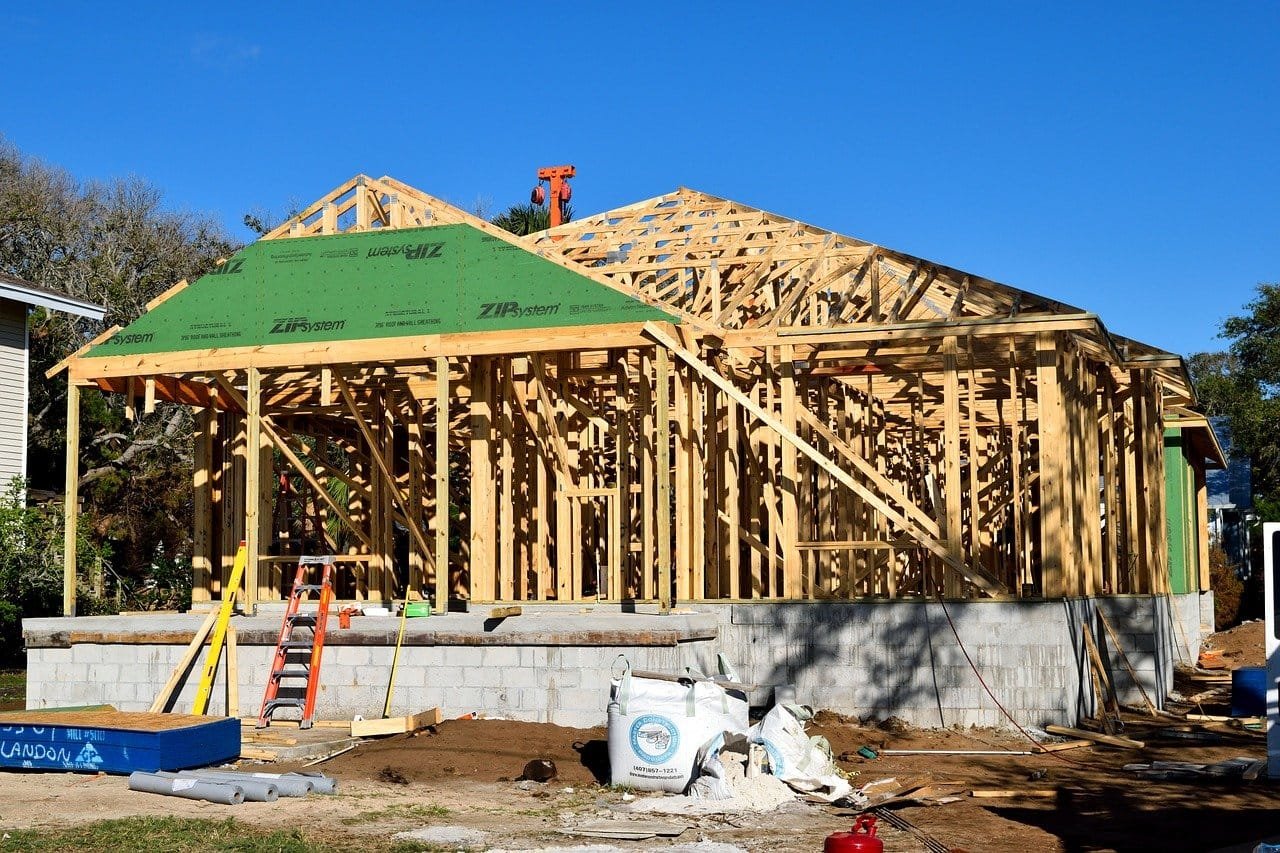In recent years, it has grown increasingly popular to attack real estate investors. Whether they are flippers, landlords, or developers, a coalition consisting of property owners, organizations like Black Lives Matter, and housing advocates denounce investors as villains who destroy neighborhoods and place profit before people. Unfortunately, many investors offer apologies for their actions, rather than denounce these attacks as unjust.
The goal of these attacks is to place restrictions on real estate investors. In some locales, anti-gentrifiers attempt to use preservation ordinances to prohibit the construction of modern, more efficient buildings. In other places, housing advocates attempt to use rent control, eviction moratoriums, and other regulations to shackle and restrict investors. No matter the details, no matter the perceived problem, the proposed solutions are always the same: force real estate investors to act as the anti-gentrifiers and housing advocates think is proper.
These restrictions are an injustice, and investors should defiantly say so openly and righteously.
Real estate investors create values that others want and need. They transform empty and poorly maintained houses into livable homes. They transform impoverished, crime-ridden neighborhoods into safe and attractive communities bustling with commerce. They create the housing and neighborhoods that others desire. This is a good thing, and investors should be proud of what they do.
As any real estate investor knows, every project involves substantial risk. The market can rapidly change and prices plummet. Unexpected repairs can explode the budget. The upgrades that were popular last year can suddenly lose favor and the property sits on the market for months. Tenants can refuse to pay the rent and trash the property when they are finally evicted. All of these things, and many more, make real estate a risky endeavor.
Investors mitigate these risks through careful analysis and planning. Given the uncertainties of any investment, they must rely on and trust their own judgment. Their success depends on rational decision making. And this is precisely what the attacks on investors seek to prevent. Housing advocates don’t like the decisions that investors make. And so, these activists want to use the coercive power of government to force investors to act contrary to their own rational judgment.
Investors must envision what is possible. They must be able to see past the boarded up windows, broken doors, and damaged drywall. Then they must transform a dilapidated building into a livable home. And they must do this through voluntary means—by purchasing the property from a willing seller, working with contractors through mutually beneficial trade, and then by selling or renting to a willing buyer. Each transaction in the process is an act of justice, of recognizing the value offered by others and voluntarily trading for it.
In contrast, the coalition against investors seeks to use force to accomplish what they cannot achieve through voluntary means. They do not seek to produce and trade values to the mutual benefit of all parties. They seek to control and restrict others. And despite their rhetoric, they do not seek justice.
Justice demands that individuals be treated as they deserve. If an individual lies, robs, and cheats, he should be treated as the scoundrel that he is. He should be scorned, vilified, and prosecuted. But if an individual produces values that others want and need, he should be treated with honor and respect. To do otherwise is to treat him unjustly.
Real estate investors should demand that they be treated with respect. They have earned it, and they deserve it. And that respect must be made manifest by protecting the freedom of real estate investors (and all businessmen) to continue producing the values that we want and need. Investors must be free to act on their own rational judgment. Anything less is an injustice.
But real estate investors (and all businessmen) will not receive respect if they don’t demand it. Their freedom will be eroded unless they proudly and righteously declare that they are proud of what they do. I, for one, am proud of what I do. I am proud to be a real estate investor.

